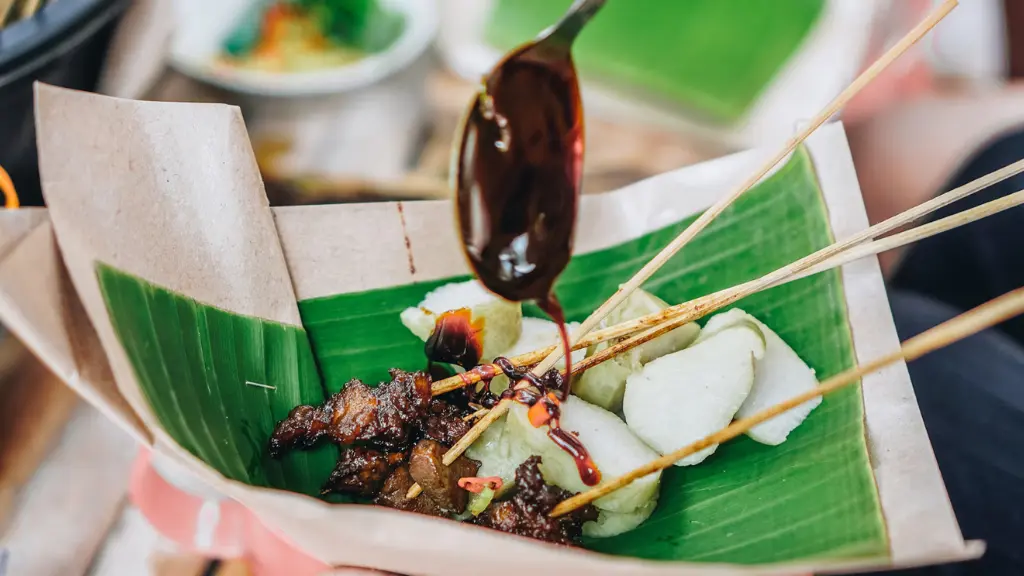Food isn’t just fuel. It’s a source of joy, connection, and comfort. Yet, many of us eat out of habit, stress, or convenience, forgetting the importance of pleasure in our meals.
“Vitamin P” – the pleasure factor – is as crucial as the nutrients on your plate. Let’s explore why enjoying your food matters and how it can transform your relationship with eating.
You May Also Like: The Heel Problem That Threatens Your Mobility
Why Pleasure in Eating Matters
Eating isn’t just a physical act. It’s a multisensory experience. Taste, smell, and texture stimulate the brain’s pleasure centers, triggering the release of feel-good hormones like dopamine.
When you enjoy your food:
- You feel satisfied sooner.
- You reduce the urge to overeat.
- You create positive associations with healthy choices.
Prioritizing pleasure doesn’t mean ignoring nutrition. It’s about balance – nourishing your body while delighting your senses.
The Science of Pleasure and Eating
Pleasure plays a significant role in how we digest and metabolize food. Here’s how:
- Improved Digestion
When you savor your meals, your body activates the parasympathetic nervous system, often called the “rest and digest” state. This promotes better digestion and nutrient absorption. - Reduced Stress
Mindful, pleasurable eating lowers cortisol levels. Stress often leads to overeating or unhealthy cravings, but enjoying your food helps counteract this cycle. - Balanced Appetite
Pleasure signals your brain that you’re satisfied. This can reduce overeating, as you’re less likely to seek fulfillment elsewhere.
How the Diet Mentality Undermines Pleasure
In the USA, diet culture often emphasizes restriction and guilt. “Good” or “bad” labels on food can create stress and remove joy from eating.
This mindset can lead to:
- Overeating after periods of restriction.
- A lack of satisfaction, even when eating healthy foods.
- Disconnection from hunger and fullness cues.
Focusing on pleasure helps break these patterns. Instead of obsessing over calories or nutrients, you tune in to what your body truly needs.
How to Add More Pleasure to Eating
1. Savor Every Bite
Slow down. Take small bites and chew thoroughly. Notice the flavors, textures, and aromas of your food.
- Tip: Put your fork down between bites to stay present.
2. Create a Relaxing Atmosphere
Your eating environment affects how much you enjoy your food.
- Ideas:
- Set the table with care.
- Play soft music.
- Remove distractions like phones or TVs.
3. Focus on Quality Over Quantity
Choose foods that truly excite you. A small portion of something delicious can be more satisfying than a large amount of bland food.
- Example: Savor a piece of dark chocolate instead of mindlessly eating a candy bar.
4. Experiment with Flavors
Try new cuisines or recipes to keep your meals exciting. Explore spices, herbs, and fresh ingredients for added enjoyment.
- Tip: Cooking can be part of the pleasure. Involve your senses as you prepare your meal.
5. Listen to Your Cravings
Cravings aren’t the enemy. They’re your body’s way of communicating.
- Balanced Approach: If you crave something sweet, enjoy it mindfully rather than depriving yourself.
Mindful Eating: The Key to Vitamin P
Mindful eating emphasizes awareness and enjoyment. It helps you reconnect with your body’s natural hunger and fullness signals.
Steps for Mindful Eating:
- Pause Before Eating
Take a moment to appreciate your food. Notice its appearance and aroma. - Eat Slowly
Chew thoroughly and focus on the flavors and textures. - Check In
Pause halfway through your meal. Are you still hungry? If not, stop eating. - End with Gratitude
Appreciate the nourishment and pleasure your meal provided.
Balancing Nutrition and Pleasure
Many worry that focusing on pleasure will lead to unhealthy eating. In reality, the opposite is true. When you enjoy your meals, you’re more likely to choose foods that make you feel good long-term.
Tips for Balancing Nutrition and Joy:
- Pair nutrient-rich foods with flavors you love.
- Allow yourself occasional indulgences without guilt.
- Focus on how foods make you feel after eating, not just during.
The Emotional Benefits of Pleasurable Eating
Food is deeply tied to emotions. Sharing meals with loved ones, celebrating with favorite dishes, or enjoying comfort foods all contribute to emotional well-being.
When you prioritize pleasure:
- You build a positive relationship with food.
- You reduce emotional eating caused by stress or guilt.
- You create lasting memories tied to joyful experiences.
How to Overcome Barriers to Eating for Pleasure
- Busy Schedules
Many Americans eat on the go or skip meals due to time constraints.
- Solution: Plan simple, enjoyable meals. Even a quick, homemade sandwich can be a pleasurable experience.
- Diet Culture Influence
Fear of indulgence can block joy.
- Solution: Reframe indulgence as self-care. A balanced diet includes both nutrition and enjoyment.
- Guilt Around Food Choices
Let go of guilt. Pleasure is a legitimate and essential part of eating well.
The Long-Term Benefits of Prioritizing Pleasure
Eating for pleasure isn’t a luxury – it’s a necessity for long-term health and happiness. Benefits include:
- Better digestion and metabolism.
- Reduced stress and improved mental health.
- A sustainable, balanced approach to eating.
By embracing Vitamin P, you create a healthier, more joyful relationship with food.
Conclusion
Pleasure is the missing ingredient in many diets. By slowing down, savoring your meals, and focusing on joy, you can transform your eating habits and overall health.
Vitamin P isn’t just about indulgence – it’s about balance. Combine nutrition with enjoyment for a lifestyle that nourishes both your body and soul.
Take the first step today. Rediscover the joy of eating and let pleasure guide you toward a healthier, happier life.











[…] You May Also Like: Get Your Vitamin P: Why Pleasure Matters in Eating […]